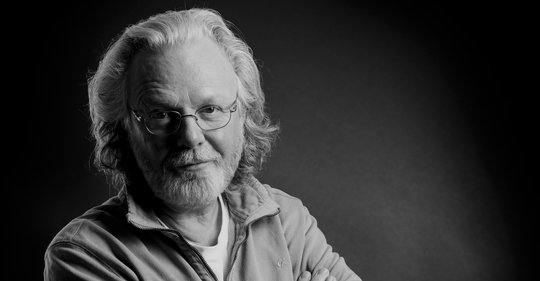
Please can you tell us a little about Entry Island?
Entry Island is a story that takes place in two time frames – contemporary and historical. The contemporary element is set in Quebec, Canada, and more specifically the Magdalen Islands in the Gulf of St Lawrence. A detective, Sime Mackenzie, from Montreal is sent with an investigation team to the tiny Entry Island – the only English-speaking island in the Magdalen archipelago – following the murder of its wealthiest resident. But on arrival he finds that the victim’s wife, and prime suspect in his murder, is unaccountably familiar to him, even although they have never met.
The historical story is told through dreams and recollections of diary entries read to the detective by his grandmother when he was a child. It tells the tale of a young man (whose name Sime shares) growing up in the Outer Hebrides of Scotland in the 19th century at the time of the Highland Clearances, when tens of thousands of people were driven out of their homes and forced on to boats for the New World. When the young man and his family are brutally evicted, he finds himself on a boat bound for Quebec. At a certain point both stories converge and the link between them, along with a resolution to the Entry Island murder, is revealed.
It was certainly a challenge to take on something completely different after the phenomenal success of the Lewis Trilogy. But I had long wanted to write something about the Highland Clearances, a shameful period in British history when people were forced from their land to make way for sheep, which were regarded as more profitable. However, being a crime writer, and not wanting to write an historical novel, I had to find a way of linking a contemporary crime story to those historical events. Since I didn’t want to leave behind the trilogy setting of the Isle of Lewis entirely, it seemed like the logical setting for the historical element of the book. And because very many of the victims of the clearances in the islands ended up in Quebec, that dictated my contemporary setting.
The Blackhouse was originally intended as a standalone novel. It was only pressure from my French and British publishers that led me to turn it into the Lewis Trilogy. I had already rejected the idea of making it a series, since its setting – the Isle of Lewis – only has an average murder rate of one a century. But coming from a background of writing television series and serials, I wasn’t unfamiliar with the process of serial storytelling and continuing characters. So I quite enjoyed it. However, I think it is too easy to get stuck in a rut, with the same setting and characters, and I like new challenges. So the idea of doing a one-off book was very appealing.
I love the way you create a panoramic sense of place. Does this come from knowing the places you write about really well?
I never write about a place I haven’t been to. As a reader I always found the sense of place in books very important, and as a writer wanted to take readers with me to those places. Some of them are places I know, through intimate exposure to them in my own life – like the Hebrides or France. Others required considerable research – China, Canada. But I enjoy getting to explore new places and cultures – and, don’t tell anyone, but I often find that the research is more fun than the writing!
There are so many different aspects to Entry Island. Did it take long to research?
It was a major research project that I conducted over six or seven months. There was the whole historical background to the Clearances, as well as research into the minutiae of daily life for island crofters in the 19th century. I read many accounts of the dreadful transatlantic voyages experienced by dispossessed crofters crammed into the holds of trading boats, and visited the quarantine island of Grosse Ile near Quebec City, where new arrivals died in their thousands. For the contemporary part of the story, I explored the Eastern Townships of Quebec with Scots descendants who had grown up there, and spent time on the Magdalen Islands, getting to know the people and the culture – both French and English.
Sime’s insomnia plays a major role in the story. Is it something you’ve experienced?
I generally sleep pretty well. The only time I find myself lying awake at nights is when I’m trying to find an idea for the next book!
Are you a crime fiction fan? Who are your favourite authors?
I like all kinds of fiction. My favourite authors when I was a young aspiring writer were Ernest Hemingway, Graham Greene and JP Donleavy, and of course Raymond Chandler – who so influenced a generation of crime writers. The best book I have read in recent years was, perhaps surprisingly, a Stephen King novel. I am no fan of horror, but King is a master storyteller as well as an excellent writer, and 11/22/63 did not fall into his usual genre. I found it to be a compelling and brilliantly written story.
What’s next for you?
I am currently working in the research and development stage of my next book, in which there is not an island in sight. It is something completely new for me, but draws its inspiration from real events in my own life when I was a teenager.
Entry Island is out now. Watch for our review soon.